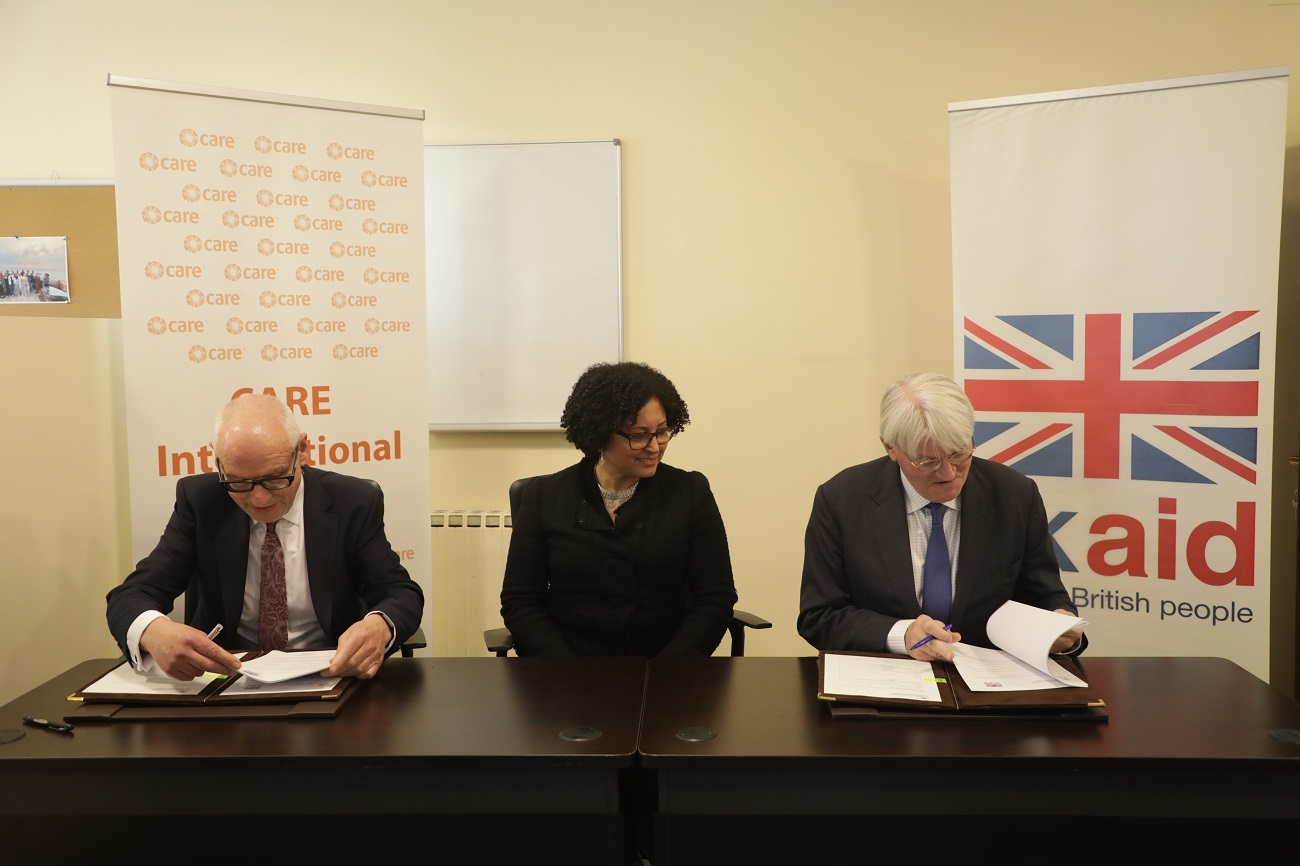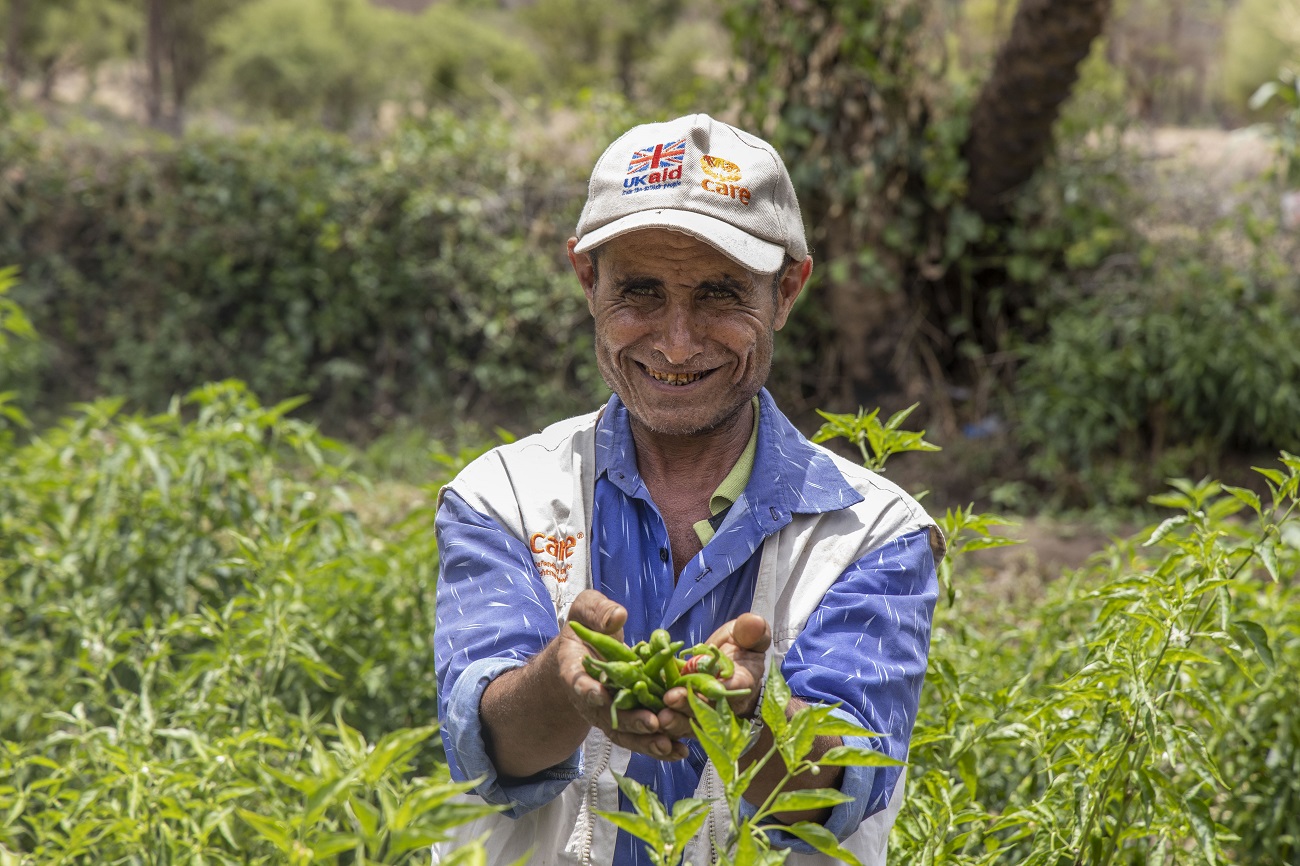The eight-year conflict in Yemen has created one of the world’s most severe humanitarian crises. A collapsing economy has left over 17 million people without enough to eat, and over 6 million on the brink of famine. On 23 February 2023, the UK Government announced a major new initiative to respond to these needs, delivered by a consortium of national and international NGOs including CARE International in Yemen. With a funding of up to 60 million GBP, the consortium will work together for the next four years across 10 governorates. Their common commitment will be to provide lifesaving humanitarian assistance around food security alongside long-term improvements to the families’ resilience and self-reliance helping households benefiting from this project to cope with shocks and crises. The consortium will aim to channel a third of the total funding to local and national actors to ensure the programme is sustainable, responsive and delivered in partnership with the communities it serves.
Bridging today’s needs with longer-term approaches
The consortium project – Building Resilience through Integrated Community-based and Humanitarian Systems Transformation and Leadership in Yemen (BRIGHTLY) is centred around three ‘pillars’ of action. These aim to strengthen household resilience; empower local communities; and transform the systems of humanitarian delivery so that services are managed more efficiently and in partnership across sectors. The project will support the most vulnerable households to ensure they are able to have access to sufficient nutrition. Aiming to reach over 275,000 people throughout the lifetime of the project, cash assistance will be provided to enable families to meet their immediate needs. Families will also be able to secure income through project activities that will empower them to procure what is needed. At the same time this will also contribute to strengthening local markets. Furthermore, project activities will ensure specific needs are met for women, girls, people living with disability, and other marginalised groups, who are the hardest hit by the crisis, including internally displaced persons (IDPs). These will include female-headed, child-headed and elderly-headed households, farmers and pastoralists. The consortium will also work together to create up to 140 Village Saving Groups, to empower women to make decisions and invest in their own businesses.




